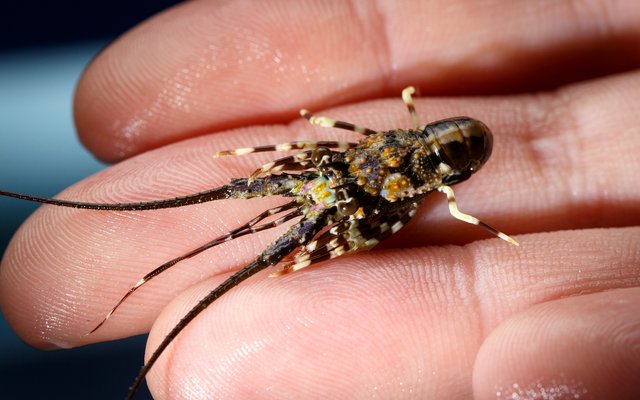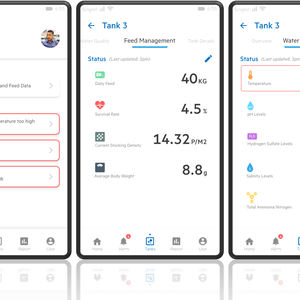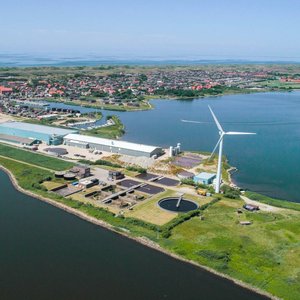A new Australian research hub was set to deliver transformational change to the lobster aquaculture industry, with its focus on developing commercial, sustainable and socially acceptable lobster production – from hatchery to market.
Headquartered at the Institute for Marine and Antarctic Studies (IMAS), the ARC Research Hub for Sustainable Onshore Lobster Aquaculture was established through a $5 million Australian Research Council (ARC) grant awarded to the University of Tasmania.
“Through this Research Hub, we’re building the knowledge required to establish the world’s first sustainable onshore lobster aquaculture industry, with our research outcomes targeted at positioning Australia at the forefront of onshore lobster aquaculture,” Research Hub director, professor Greg Smith, said. “It’s about providing alternate solutions for lobster culture in bio-secure and cost-effective onshore systems, with an opportunity for technology transfer to other aquaculture sectors.”
The Research Hub will harness the experience of a diverse group of researchers, technical staff and industry partners, using state-of-the-art research and commercial facilities and advanced manufacturing. Key partners in the IMAS-led project include the University of Auckland, University of the Sunshine Coast, and Australian industry partners Ornatas and PFG Group, representing a total research investment in excess of $26 million.
“The project will deliver advances in traditional lobster aquaculture practices that will underpin the establishment of a new industry,” Smith said. “Potential research outcomes include reduced environmental impacts, workforce training, new product development, improved aquaculture food safety and biosecurity, and the scientific advancement of aquaculture as a critical technology.”













